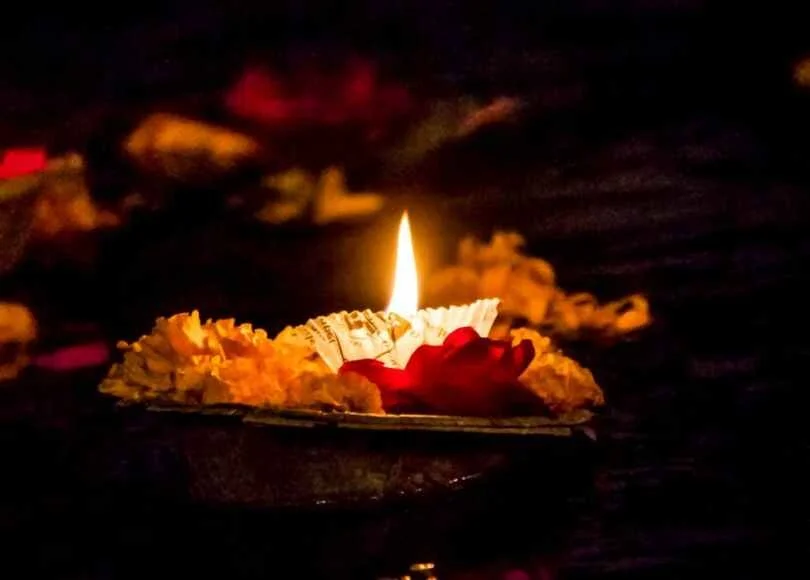“I have repeatedly said that in my opinion the idea of a personal God is a childlike one, but I do not share the crusading spirit of the professional atheist whose fervor is mostly due to a painful act of liberation from the fetters of religious indoctrination received in youth. I prefer an attitude of humility corresponding to the weakness of our intellectual understanding of nature and of our own being.”- Albert Einstein
Just a quick blog post before I get back to real work...
I've been mulling over my religious views more lately as I've contemplated what a spiritual life looks like. Despite admiring some of its thought, I've found atheism or agnosticism lacking as a worldview, but the monotheistic ideas of a personal God are far worse and repellent to me at least as it can often promote the worst in human nature (i.e. see all of human history from the crusades to 9/11).
I've found myself drawn to Buddhism as an adult because there are no creator gods. The goal is to end suffering. There are no strict dogmas, but useful list of guidelines to get there known as the four noble truths and the eightfold path.






